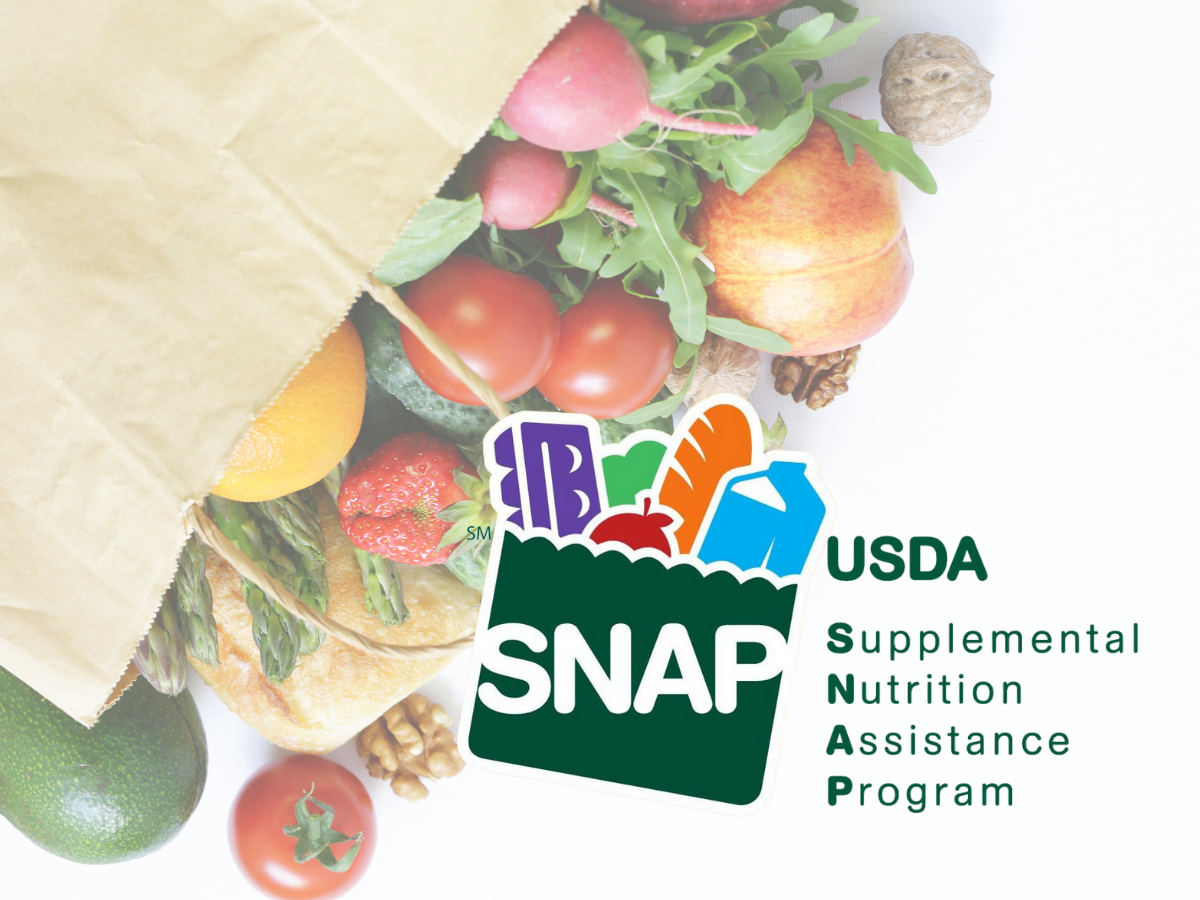When it comes to promoting fruit and veggie consumption, go for the carrots, say University of Georgia researchers.
Providing financial incentives to buy more fruits and vegetables is an effective and popular way to boost fruit and vegetable purchases among SNAP participants, according to a new study published in the Journal of Hunger & Environmental Nutrition.

Kiran Thapa, MPH
The supplemental nutrition assistance program (SNAP), formerly known as food stamps, provides emergency food assistance to low-income families, which is a critical tool in combating hunger.
However, SNAP use coincides with lower diet quality, lower consumption of fruits and vegetables and higher consumption of processed foods and sugary drinks, in part due to lack of access to healthy and affordable food options and poor nutrition education.
Nudging behaviors through SNAP benefits could be a useful tool to promote healthier food choices.
“When we talk about SNAP reform from a public health perspective, we talk about ways to increase healthier food consumption, especially increasing the consumption of fruits and vegetables, and reducing the number of sugary drinks or empty calories,” said lead study author Kiran Thapa, a doctoral student in UGA’s College of Public Health.
Carrots Versus Sticks
Two policy levers that have been debated among public health experts are providing additional dollars on the benefit card as an incentive for fruit and vegetable (FV) purchases and restricting purchases of sugar sweetened beverages (SSB) using the benefit card.
“Most public health and policy experts agree on the potential benefit of incentivizing FV purchase, but support for restricting SSBs purchase is mixed due to major concerns related to equity, stigma, and ethics, ” said Thapa.
This was one of the reasons why hearing from SNAP users was important for the researchers.
“SNAP users are the primary stakeholders and beneficiaries of the program, and their perspectives provide us important information on whether potential changes to the program are feasible, acceptable and have the intended benefits,” said Thapa.
Researchers partnered with UGA’s Cooperative Extension to recruit over 70 participants across seven counties in Georgia, all of which have obesity rates higher than the state average. All participants completed a choice experiment in which they simulated shopping for groceries under the condition of FV incentives or SSB restrictions; 58 of the participants also took part in focus groups where they discussed their policy preferences.
Restrictions Feel Controlling

Dr. Janani Rajbhandari-Thapa
The experiment results showed that with FV incentives, SNAP users purchased significantly more fruits and vegetables, and both policies reduced purchases of sugar sweetened beverages. But, crucially, the focus groups results revealed that SNAP users largely prefer incentives to restrictions.
Some study participants shared that restrictions felt “controlling” and wouldn’t stop people from buying sodas if they wanted them. Incentives, however, felt to users like they had more cash to use.
However, not all users’ shopping habits matched their stated policy preference. In nine cases, users made purchasing choices that were not in line with their preferred policy change. To understand why food choices may have diverged from their preferences, researchers looked through focus group transcripts.
External factors such as dietary restrictions or child food preferences, they suggest, could play a role here. For example, some participants shared that their kids wouldn’t eat vegetables, so they may not choose to purchase them despite having the FV incentive.
“This is the merit of the mixed methods approach,” said co-author Janani Rajbhandari-Thapa, an associate professor of health policy and management. “We were able to assess how stated preferences compared to revealed preferences in a choice experiment.”
The authors say that this study offers valuable insights into the potential for improving diet quality among SNAP, with a combination policy that leans more towards FV incentives, with the caveat that incentives are not used for SSBs purchase.
The study, “Sugar sweetened beverage restriction or fruit and vegetable purchase incentive in Supplemental Nutrition Assistance Program (SNAP): Participant’s voice and choice behavior” is available online: https://www.tandfonline.com/doi/full/10.1080/19320248.2023.2179448.
– Lauren Baggett
Posted on March 23, 2023.






